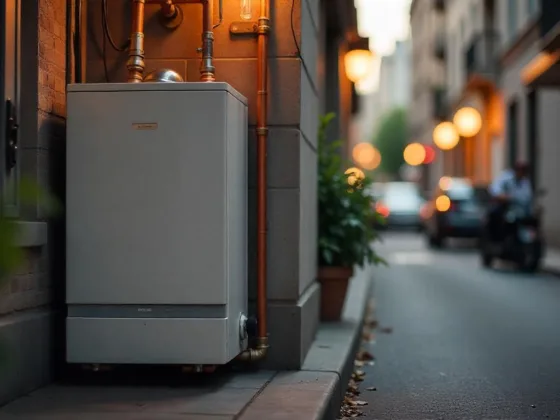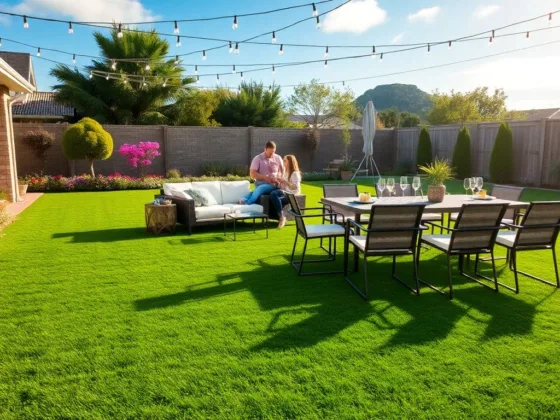Table of Contents Show
Air conditioning units are among the most important appliances to secure, whether this is for your home or the office. The air conditioning unit will keep everybody comfortable, as it provides good air quality.
This is among the chief reasons you should consider buying a new air conditioning system or replacing your old unit. But before purchasing a new air conditioning unit, you ought to know the factors you must consider during your search and purchase. Then, you’ll also need to work on the installation.

Finding AC installers is no easy task. Luckily, there are websites like Reno Quotes that can connect you to the best contractors, such as those who’ll install your AC units.
Aside from this, this platform also has information on the average pricing of air conditioning systems and other details about your AC systems, such as the air filter, aircon maintenance, aircon servicing, and a whole lot more.
7 Factors to Consider When Buying Air Conditioning Systems
The summer season is just right around the corner. Indeed, you’ll need to have your air conditioner ready. However, with more use comes strain upon the cooling system.
If you got an old unit that no longer works or doesn’t serve you perfectly anymore, you need to purchase a new one that is more reliable.
AC systems have various types and sizes. As a homeowner, you deserve an AC system that functions well when offering the best comfort amidst unpredictable weather conditions. Thus, you should ensure you invest your money in an AC that’ll provide what you need.
Here are the seven top factors to consider when purchasing air conditioners.
1. The Right-Sizing
When it comes to this, everything boils down to the size of your room. The capacity of your AC must match the size of your room. Furthermore, the AC unit size depends on the system’s cooling capacity.
This capacity is usually measured in British Thermal Units or BTU. This usually ranges from approximately 5,000 to 14,000 BTU for each hour.
Know that each square foot of space needs around 20 BTU. However, if yours is a sunny room, there tends to be a 10 percent more capacity requirement.
For your kitchen, a 20 percent capacity is required. Other factors you must consider under this include climate, room height, shade, and window size. If your room is located in a shaded area, it’s possible to choose one with a low capacity requirement.
Moreover, ensure you select a suitable AC unit. A smaller AC can cost you more energy consumption, while a larger one will usually fail to dehumidify properly. Strike a balance. Having a ceiling fan won’t add up or reduce your capacity requirement.
Rather, it provides better circulation of the air coming from the AC or central air conditioners. This complements your AC, and therefore, it’s possible to obtain more energy savings.
To guarantee the energy efficiency of air conditioners, the federal government is advocating for the alignment of the standards of Canada with the United States. Thus, you need to opt for an AC that adheres to these standards.
Read Also:
2. Noise Levels
Comfort must be on top of everything. You should feel the AC, not hear it. Thus, search around for an AC that generates very minimal sound when installed.
But how can you tell this? We’re glad you are here reading this. You should refer to the bels rating. The sound produced by the AC unit follows the decibel rating standard. The lower the rating, the lower the sound it makes.
3. Energy Efficiency
With electricity costs rising around, you must look for an AC that’s energy-efficient. How do you tell energy efficiency? SEER or Seasonal Energy Efficiency Ratios scores are used to determine energy efficiency.
The greater the scores, the greater the energy efficiency of your AC system, thus the more energy savings you get.
4. Is There Ductwork Present?
Ask yourself this when buying your air conditioner. Without the ductwork, consider having an air conditioning system that is ductless. This air conditioning system takes away the need to install the usually expensive HVAC ductwork.
5. Functionalities and Features
Prior to purchasing your AC unit, you should know its functionalities and features. For instance, if you want an AC system you can silence when you don’t want your sleep to get interrupted, opt for that system with a “quiet mode.”
Various brands offer a standby mode, minimizing energy consumption. The AC with an air filtration system that sanitizes and purifies indoor air, and cools the room is also a nice choice.
Plus, opt for that AC unit that works together with your lifestyle. For one, you might want an AC that has Wi-Fi compatibility.
Some brands feature sensors directing air away to prevent cold draughts. Once you leave your room for over 20 minutes, your AC turns to energy-efficient mode.
6. Between Split System and Packaged AC Units
What kind of air conditioner do you intend to purchase? Is it a split system or packaged unit? Both these ACs are energy efficient, but the packaged AC is a singular unit system, and the split AC is a two-unit system with indoor and external units.
The compressor unit is commonly outside, while the other unit is in your house.
Many want the split system unit more than the packaged unit since this split unit is quieter, offers better air distribution, and provides better aesthetics. However, the split system AC may cost you more than the packaged unit. Choose wisely.
7. Determine Your Budget
Indeed, your AC unit is an investment you’ll make, so you have to make the wisest decisions during your purchase of this system. Moreover, your AC is your asset, so you must consider all monetary factors prior to making that final decision.
Conclusion: Also Consider Looking for The Best AC Installer for Your Air Conditioners
Aside from the factors discussed above when buying an air conditioner, you must also look for the best installers for your air conditioners. Also, invest time to find the company that can recommend the best AC for your homes or offices.
The last scenario you want to happen when purchasing your air conditioning systems is spending money on that AC unit that doesn’t meet your specifications. Take heed of these tips.










